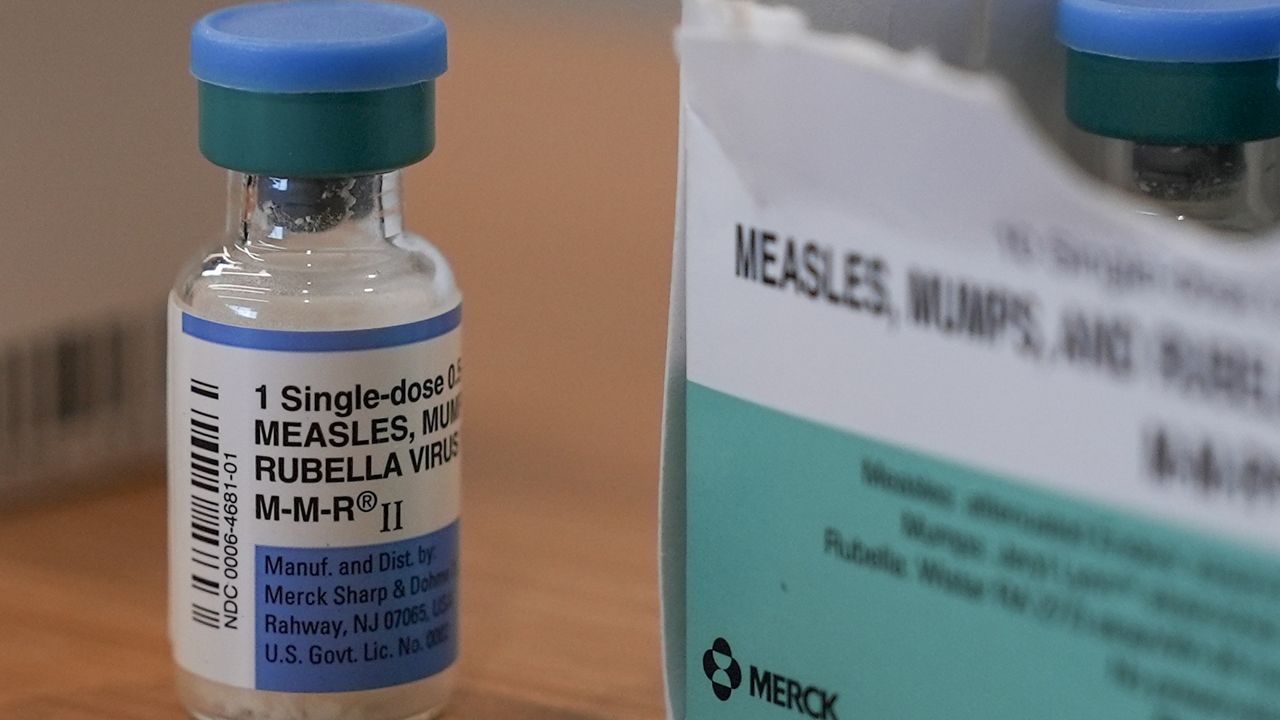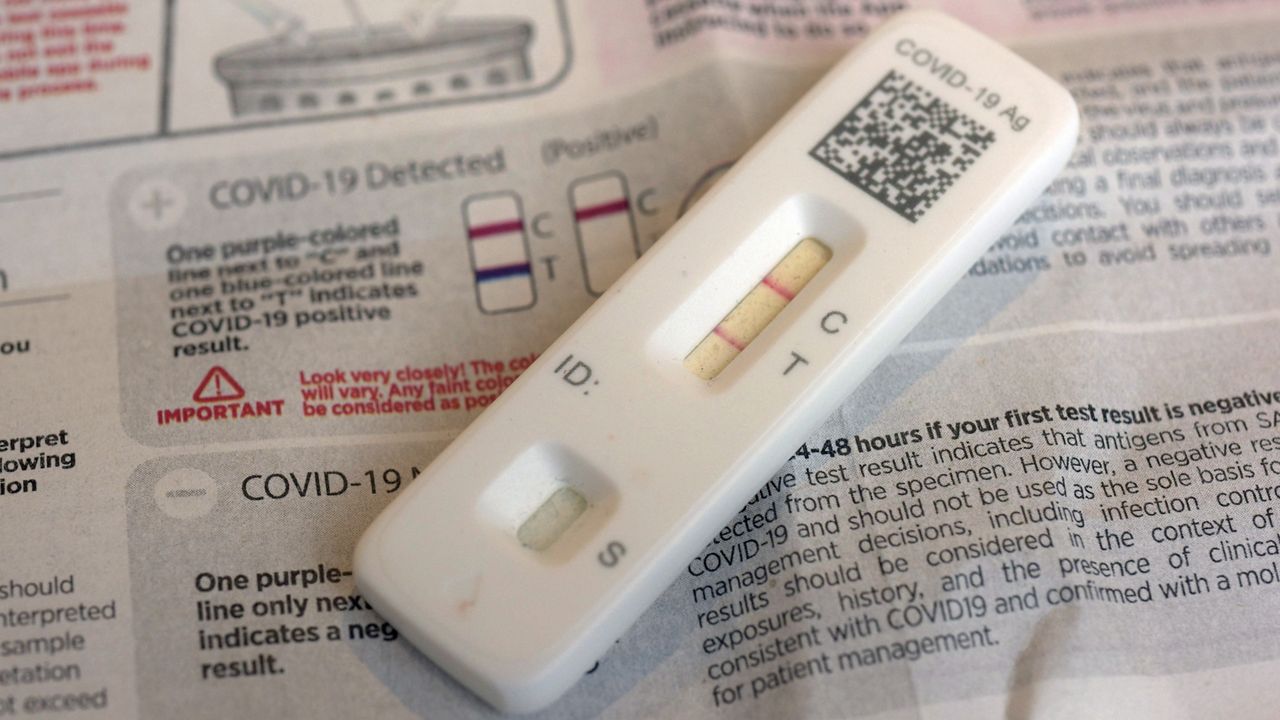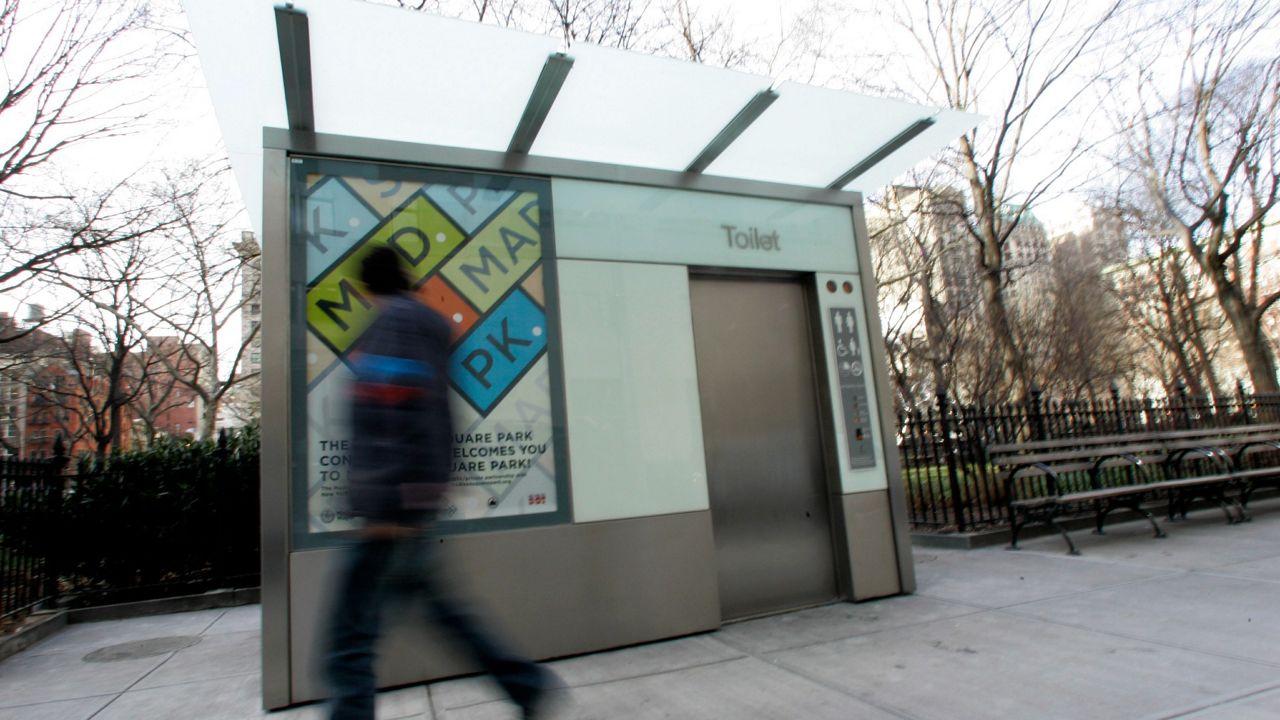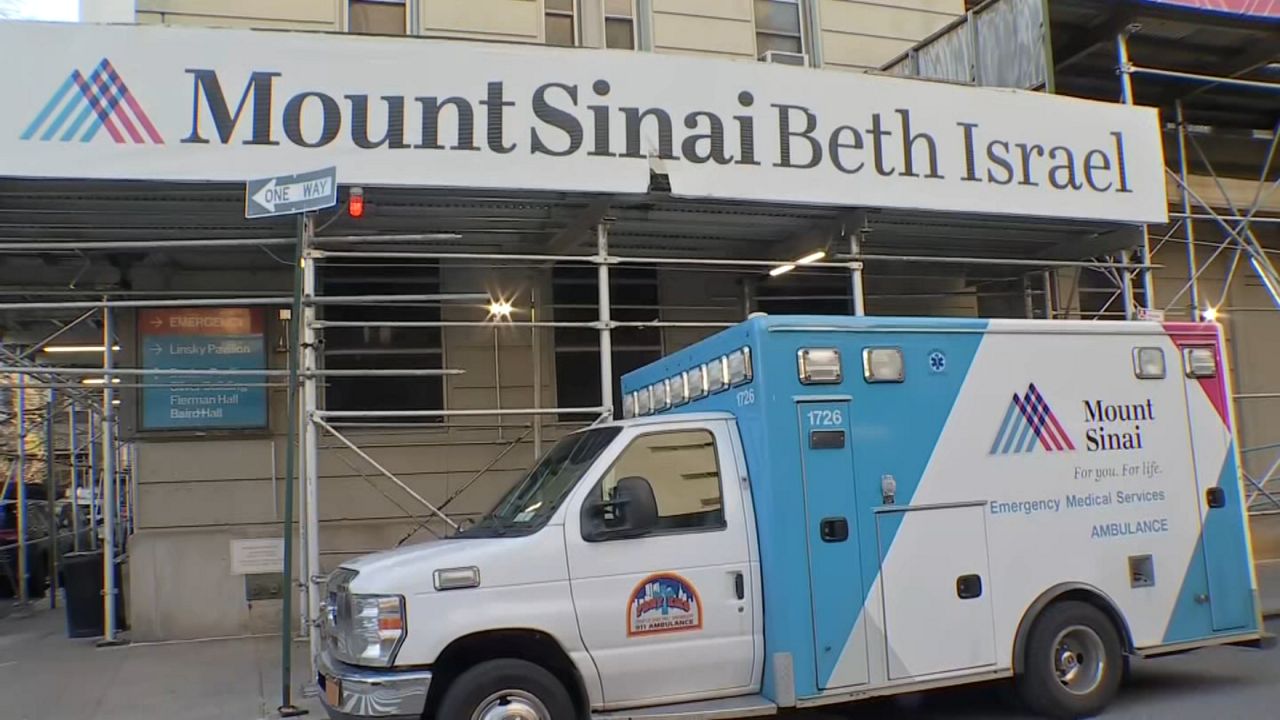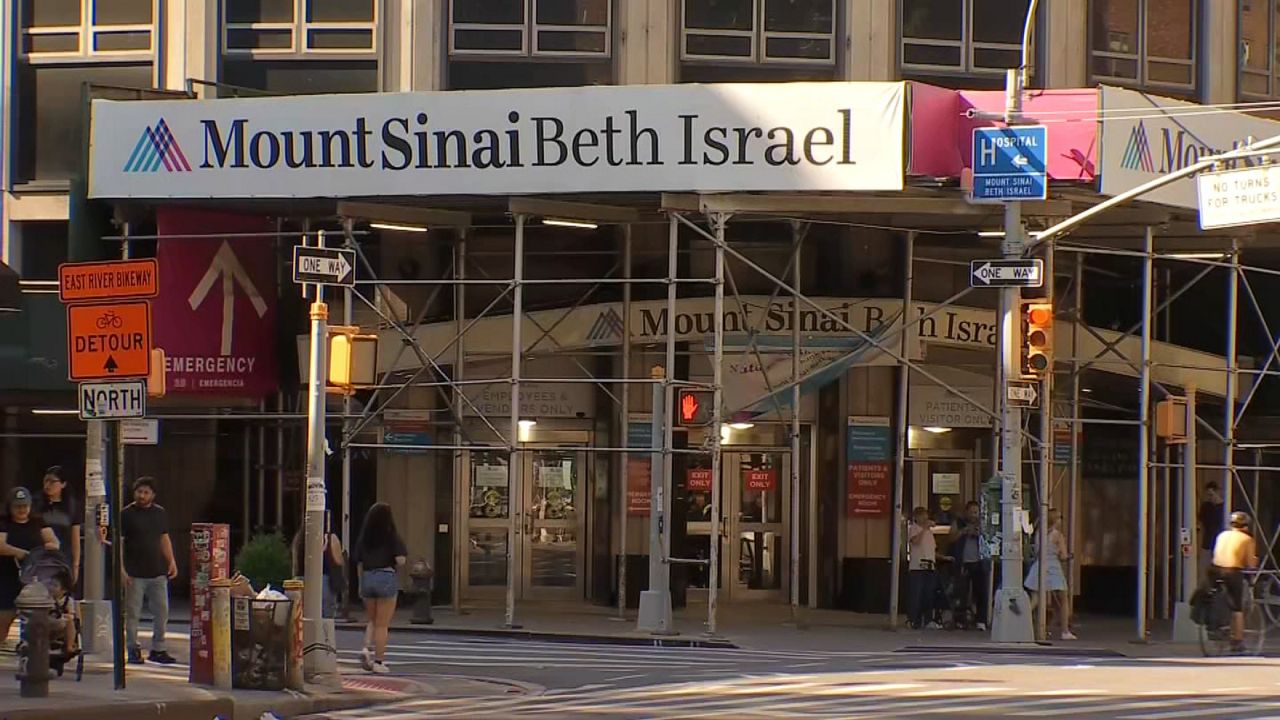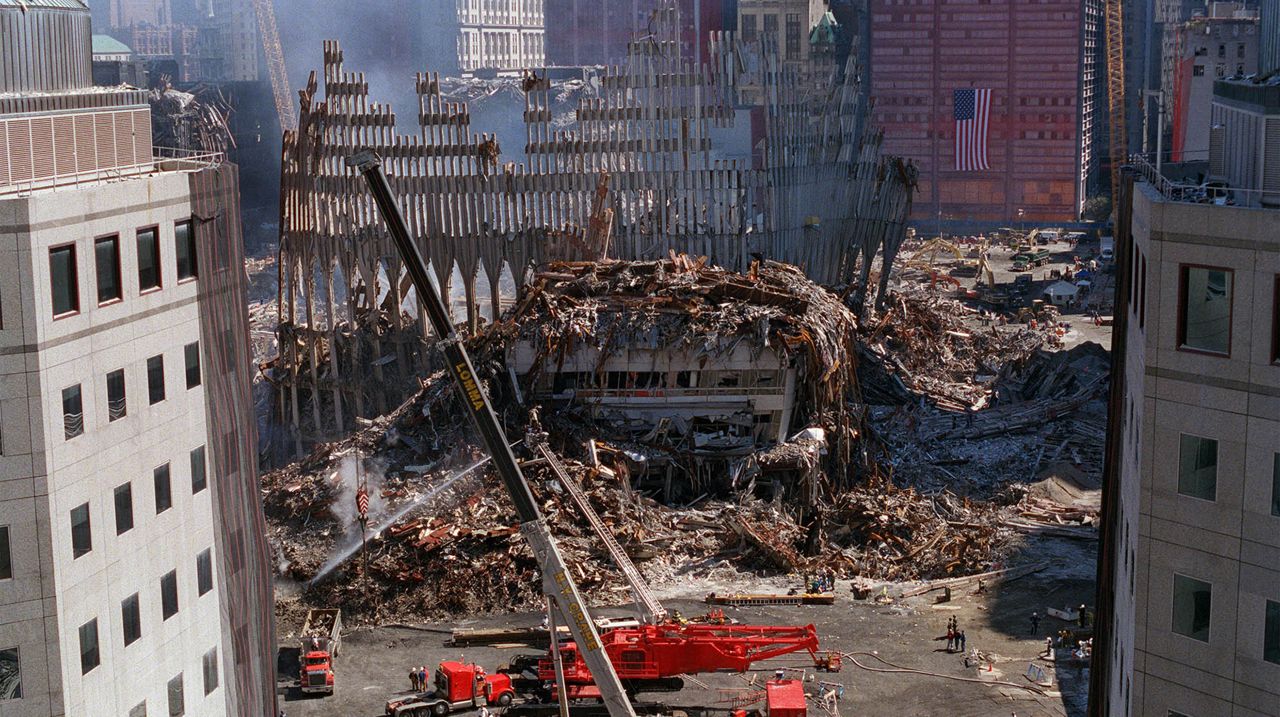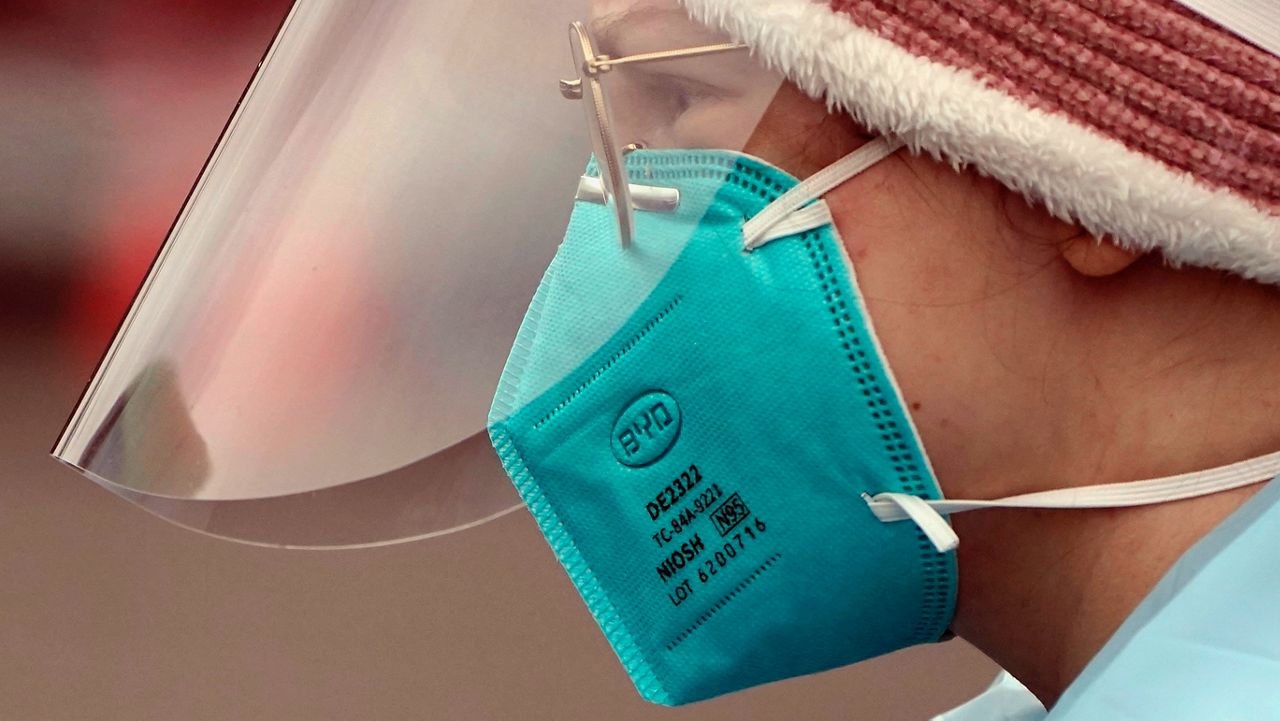Parents with children who are not vaccinated against measles should reconsider traveling to areas of the country where there are outbreaks, Dr. Michelle Morse, acting commissioner at the New York City Department of Health and Mental Hygiene, said.
“If you know you were supposed to travel to Texas, for example, I wouldn’t go,” Morse said. “Places where we know there are active outbreaks happening — those are the places that have the biggest risk right now.”
What You Need To Know
- Children under 12 months typically cannot the measles vaccine until they are a full year old
- The vaccine rate in the city for children between 24 and 36 months is about 80%, according to the city's acting health commissioner
- There are more than 250 measles cases in Texas this year alone, which nearly matches the total in the entire country in 2024
The CDC reports more than 250 cases in Texas alone this year, which nearly matches the total in the entire country in 2024.
“I am hearing a lot from parents across the city who are concerned about their infants being protected from measles and those are absolutely valid concerns,” Morse said.
Children under one-year-old are typically not given the measles vaccine because, according to Morse, it is not effective for very long until that age.
Children between six months and 12 months can get the vaccine, but it is intended for those traveling internationally.
Currently, the state health department is reporting two cases of measles in New York City.
Measles is a highly contagious respiratory virus that can cause red bumps to cover the body, along with a high fever and cough. It can spread by simply being in the same room as someone, even two hours later, according to the state health department.
Nearly one in five people who have contracted measles this year have ended up in the hospital, according to data from the CDC. A quarter of them are children under five years old.
Health officials have said the best way to protect against the virus is vaccination. The MMR vaccine has an efficacy rate against measles of 93% with one dose and 97% with two doses, CDC data shows.
In New York City, the vaccination rate for children between 24 and 36 months is about 80%, Morse says, adding it’s the earliest data the city collects on vaccine rates.
“We want to see them be much higher than that,” she said.
The health department pushes out more than 2 million vaccines for measles per year, according to Morse.
“It is one of the most important interventions to protect and promote the health of New Yorkers,” she said.
The city receives federal funding for its measles vaccine program.
Amid actions from the Trump administration to cut from the federal government, Morse said it is hard to speculate what could happen next. As of now, however, she says there has been no indication money will be taken away.
“Our commitment is even if we lose promises from the federal government around federally funded vaccination programs, that we will find a way that our work continues because it is life-saving,” she said.
